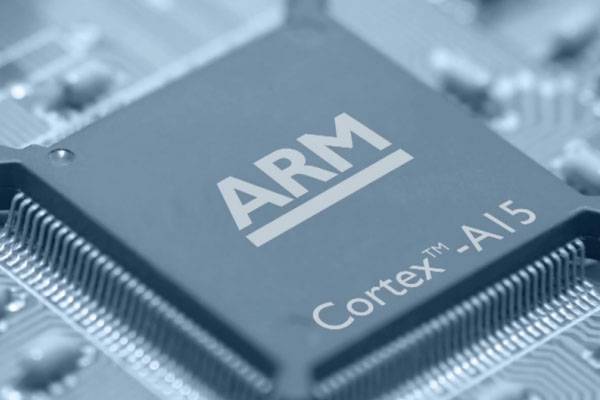The Internet of Things will be the next stage in the computer revolution, this time focused on the “type of data we collect,” according to a whitepaper from ARM.
The British semiconductor firm, recently acquired by SoftBank for $32 billion, estimates that one trillion IoT devices will be built between 2017 to 2035, adding $5 trillion to the global GDP.
See Also: SoftBank wants autonomous shuttle on public roads by 2020
The estimate follows a comment by Masayoshi Son, the chairman and CEO of SoftBank, who said in the next twenty years that one trillion IoT devices are coming. He predicted that the influx of IoT devices will “redefine all industries.”
ARM sees the advantages of IoT devices in all business areas: revenue, profit, and productivity. In the paper, it sees a five percent potential output boost in food production and distribution, manufacturing, wholesale and retail, and healthcare and social assistance.
IoT is expected to become even more valuable as the cost of devices and components falls dramatically, similar to the decline in processors and other computer costs leading to the proliferation of PCs at home and in the workplace.
A whole new world
With the introduction of AI and machine learning, enterprises will be able to embark on projects never thought possible before. These could include hourly diagnosis of how to treat a specific type of cancer or a self-driving network that does not require traffic lights, reducing congestion.
$1 trillion will be spent on IoT modules and data services, according to ARM, and $750 billion will be spent between 2017 and 2035 on IoT connectivity modules.
Gartner, a research firm, predicts 20 billion IoT devices will be in use by 2020, another research firm Juniper expects 38 billion. Between 2025 and 2035, the industry is expected to start to deploy IoT devices across all channels.
ARM is seen as one of the key players in the deployment of IoT, especially now that it is owned by SoftBank, a company that is betting big on emerging technologies.





















